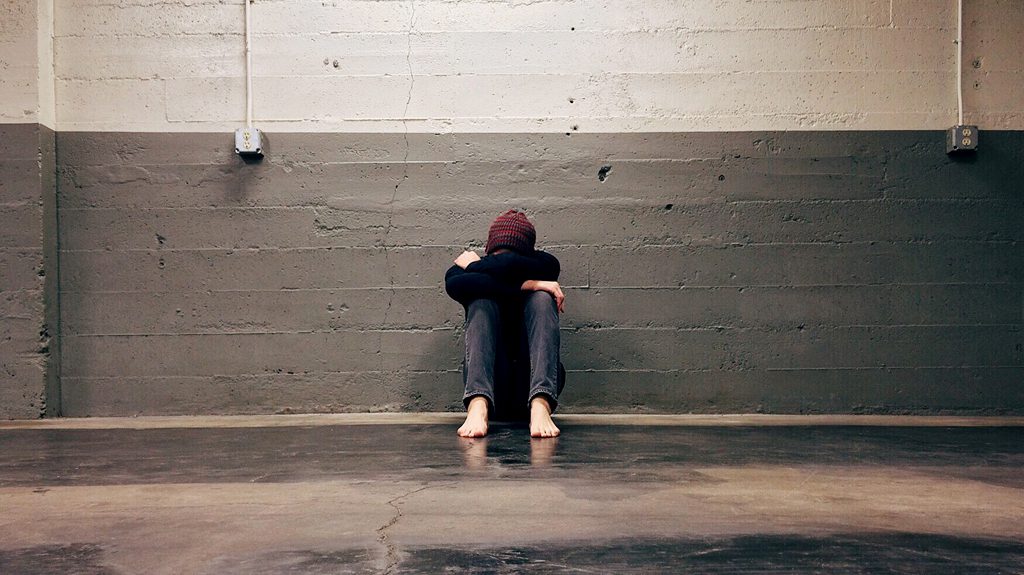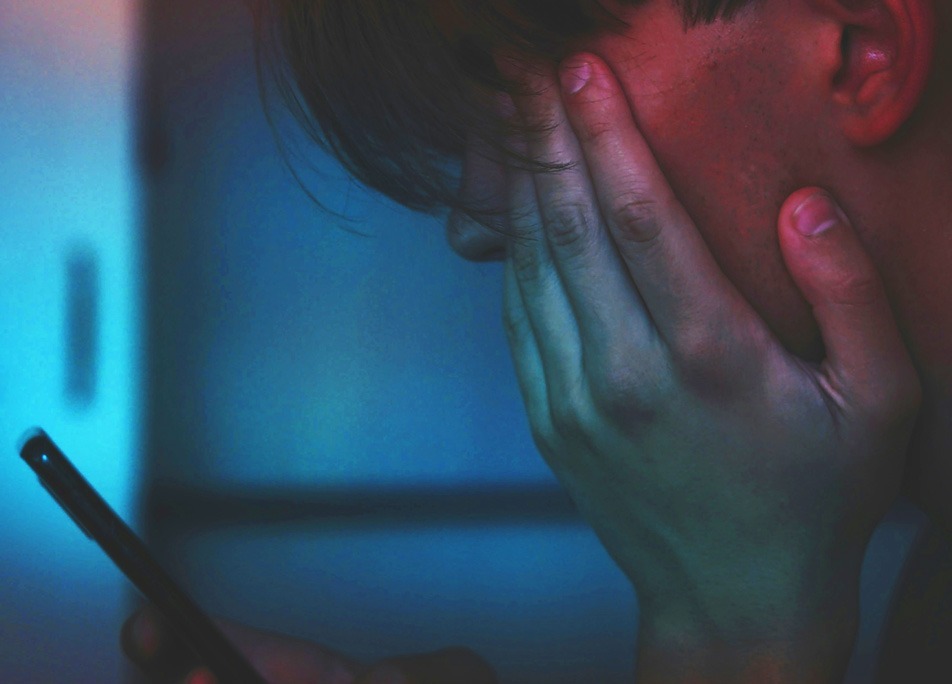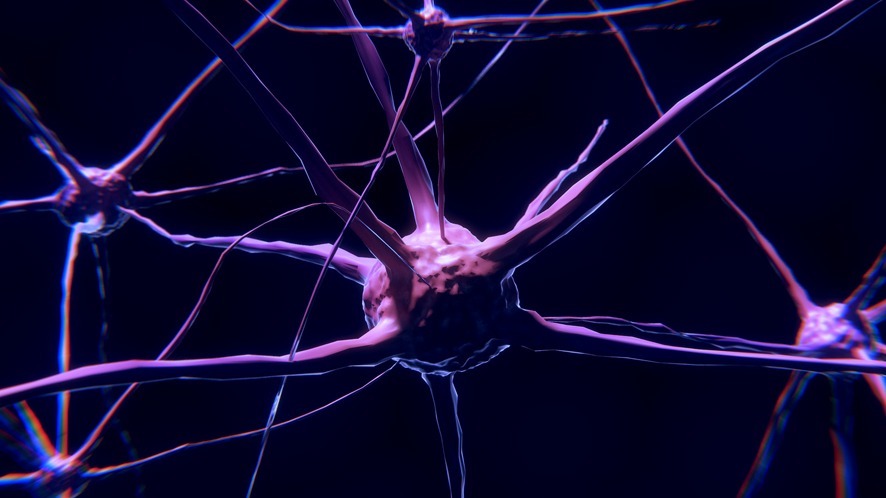Overview
Fear of failure
We are afraid to fail. Failure can be described as a mistake: An action that doesn´t match a goal we set. While we are permanently scared to fail – in whatever area of life, we tend to miss one ting out: Mistakes are natural and even more – necessary. They help us to evolve, correct our actions and grow in the long run. This article shows 10 steps to help you reconsider and reevaluate your judgement of failure.
What is Failure?
As been said, failure can be a mistake or an error. So we can define it as an action that does not match a distinct goal. Working & organizational psychology defines it like that. This implies that there has to be a defined goal and that we make an effort to achieve it. Goal and effort don´t have to be conscious – they can also be un- or subconscious. We feel like failing when we realize: Our result doesn´t match the goal.
Can we avoid Failure?
My professor at the university – Prof. Dr. Michael Frese – used to say: “You are going to make 2-5 mistakes per hour. No matter how hard you try to avoid”. That left me startled. This statement dropped a bomb in my “perfectionist” mindset. But after a while I felt relief. We fail – mistakes do happen! And even if we can avoid some of them, we can´t catch them all. Another thing I learnt is: Errors help us via feedback to correct a an action. And folks – that´s evolution, no? It´s exactly what we can see reflected in evolution of mother earth: Failure was necessary to adapt for survival. We actually need errors & failure!
Significance of Failure
If a decision or action fails, we learn something. An error contains information we can use for adaptation & correction. Psychological error research refers to errors as signals that contribute feedback information before, while and after taking action. An error can tell us what to adjust and adapt to achieve a desired goal. Failure of achievement in the first run can help us to understand how to shape & direct an action to get where we want. If you apply this to your life, it may help you reevaluate your judgement. Is failure really that bad? Or can you open up to failure as an important tool to adjust and correct your actions to achieve your goal?
Judgement of failure
Imagine a child that tries to learn to walk. It stands, takes a step, falls down. It stands up, loses balance, falls down again. It will probably bump several times. It will cry. The road of “I want to walk!” is plastered with failure. In that process some steps will be successful, others won´t. Thus, the child focuses on what works and continues. Development happens. In this case every misstep is a tool for the child (and also for us) to correct direction of action: An option to try something different, to adapt, to shape. And by doing so – the child finally learns how walking works. A child would never judge an error as a sign to stop trying. Because that´s not natural! The natural response towards failure is to make use of it. It´s a tool to move on. So what happened? Why are we so scared to fail? Why are our judgements of failure so negative & strict?
Stress due to fear of Failure
What scares and paralyzes us not the errors themselves. But the judgments we connect to them. For a long time, I procrastinated important decisions because of the thoughts dominating my life (f.i. “Should I start my own business or not?”). The fear of failure (a big mistake) left me stuck & frozen in indecision. Despite knowing exactly what I wanted, I felt trapped in a cycle of hesitation. The more I worried, the more mistakes I ended up making.
The fear of failure is something we all carry within us. Countless conversations with my clients revealed how pervasive this fear can be. It´s always been the same pattern, that could be observed: A creative spark pops up – ideas about a goal, a project that initially feels full of potential. Followed by doubts creeping in. Thoughts like, “What if this doesn’t work?” “What if people laugh at me?” or “What if I’m heading in the wrong direction?”. Result: Motivation evaporates in an instant. The fear-related thoughts of failure trigger paralysis, leaving us stuck in what I call a Stress Loop.
Without knowing, if the worst case scenario will come true, we don´t even face the imagination of what would happen next. Because there´s always an “after”. So what would be then?
Wouldn’t we find a solution to continue?
The Stress Loop creates an artificial dead end in our conclusions. There´s no thinking through. Usually the thoughts stop after the error and the worst case. There´s the dead end. But it´s not real. What we do after we´ve failed?
The dead end of the stress loop often leaves us without acting at all. So we do nothing, though we want to.
Error evaluation
It’s easy to be harsh on ourselves after making a mistake. Most people criticize themselves and feeling guilty. We often label an error as “bad” or “unforgivable.” These judgments usually originate in old, unquestioned beliefs.
However, a more relaxed and less judgmental approach would be healthier and more energy-efficient. Instead of focusing on blame, we can reflect on the lessons an error teaches us: What did we do wrong? How can we correct? Are there any adjustments possible? Can we reduce negative consequences? Sometimes, we may even need to ask for forgiveness.
I encourage you to be more neutral when you evaluate mistakes. It´s a skill and source, if you can see your missteps without blaming yourself. Good judgment arises from regret. And that´s it. If you have to: Regret and then – let go. Lesson learnt.
Use your errors to grow and move forward. It takes time, but with practice, you’ll notice your mindset shifting. Start by simply observing how you judge yourself and your actions.
Error management instead of fear & self-reproach
Many large companies, smaller ones join slowly, shift their focus from simply error avoidance to learning from them: Error management plays a vital role in improving processes. Errors are reported, analyzed thoroughly, and used to enhance systems or strategies. This approach helps companies grow, and the same principle is applicable for our own lives.
When you make a mistake, ask yourself: “What can I learn from this? Where can I adjust or correct?” Often, an error provides exactly the information you need to move forward with your plan & goals. Thus, even poor decisions can help turn your ideas, goals, or projects into reality.
Without any fear of failure?
Let´s be clear: I’m not saying “run blindly into every disaster no matter what!”.
Of course you should avoid any errors, if they don´t add and are obvious. For example, taking a hot shower and after walking outside naked in minus 20 degrees Celsius is a predictable and avoidable error. You get the idea, right? We don’t need to take actions where the negative outcome is already clear.
It’s both sensible and wise to minimize foreseeable risks. Regarding mistakes as natural, and sometimes even beneficial, doesn’t mean we should wander through life without any care or caution.
Helpful Mistakes
I believe we’re here to express ourselves and shape our lives. When we trust our inner compass, growth follows—and with growth, mistakes, failure.
Mistakes are part of the process, guiding us in the right direction. Isn’t that a nice way to see it?
How we respond to mistakes is up to us. We can let them limit us, or we can see them as feedback—signals showing us where we are and where we want to go, without judgment.
By being kinder to ourselves and seeing mistakes as helpful, we save energy otherwise wasted on overthinking, anxiety, guilt, and self-criticism.
We always make the best Choice
Here’s some reassuring information for your inner peace: By definition, errors happen unintentionally. If they were intentional, they would be results by decision, not errors.
The moment of decision making marks a point of available information, where we make the best choice based on this information. Our actions arise from best knowledge, conscience, and the options available to us – in that very moment.
If there was a better choice available, you would have chosen that one, right?
We only recognize poor decisions in hindsight. So, there’s no need for guilt or self-reproach.
Be loving and forgiving toward yourself!
For a freer life!








